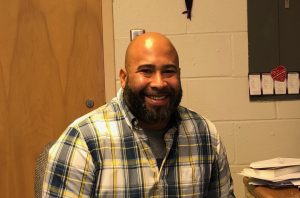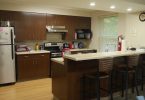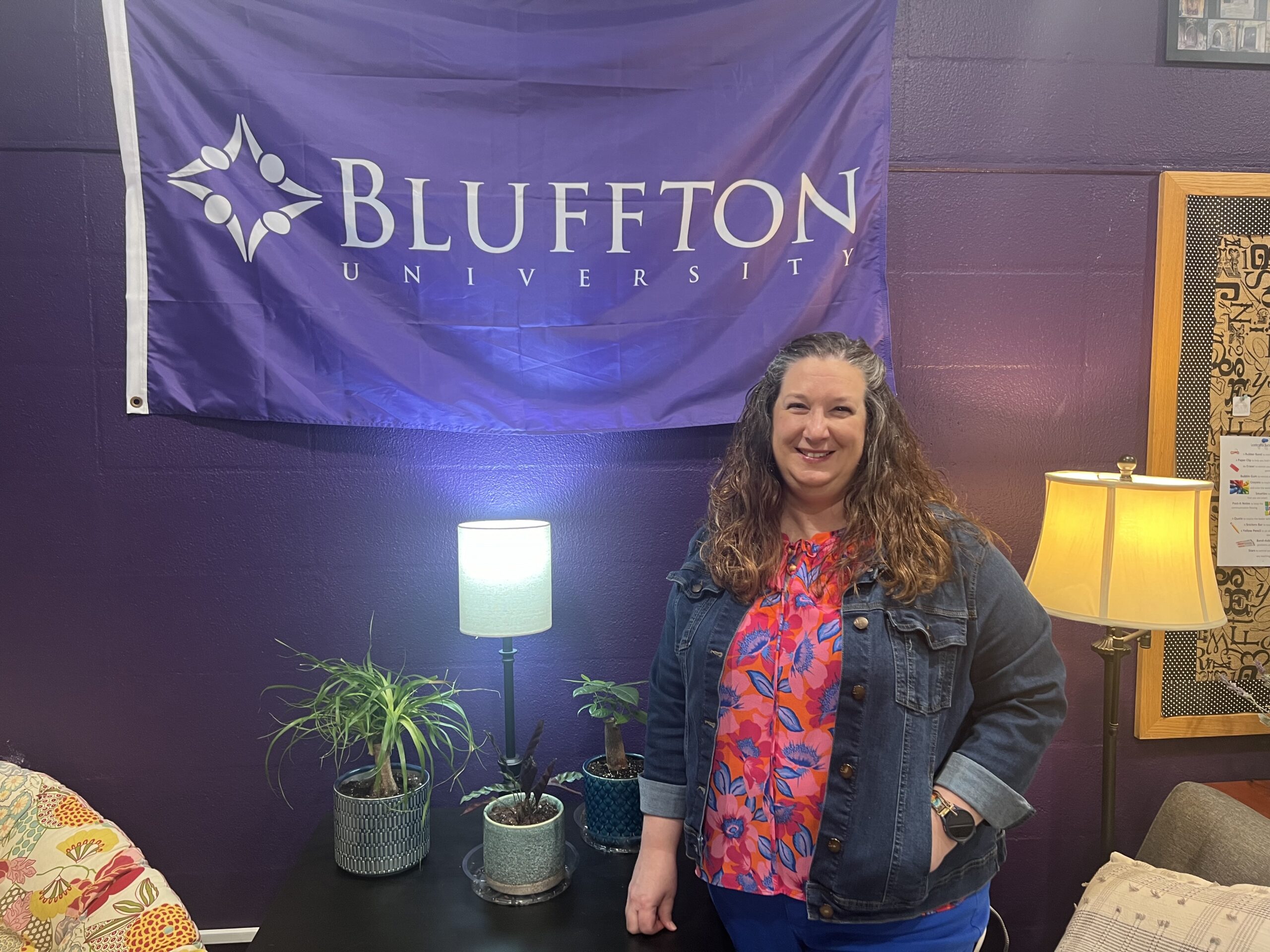With the elimination of fall break in compliance with the university’s #ProtectTheDam COVID-19 response plan, the Residence Life staff have increased their efforts to make residential students feel more at home in the residence halls.
The resident advisors received an increase in their budget to hold more floor events to foster connection among residents, offer residents a break from everyday stress and to encourage residents to stay on campus.

Tyson Goings, Wit file photo by Aubrey Bartel
“Each RA received an extra $100 for the semester,” said Tyson Goings, director of Residence Life. “The goal is for this to allow RAs to create more events for their residents within the residence halls.”
A semester with no breaks can be challenging both mentally and emotionally for students as breaks allow students to spend time with family and get away from the stress of classes and assignments.
“I’ve seen a lot of negative impacts on students as a result of not having breaks built into the semester anymore,” said Kori Frey, hall director of the Hirschey living complex. “Recently, a lot of students are feeling burned out and overwhelmed because it’s midterm time and there is no fall break to give them relief from midterm assignments and exams. I haven’t seen any positive impacts on the mental and emotional health of students come as a result of the removal of semester breaks.”
The pandemic has brought on countless changes throughout the university, but the residential life staff’s goal of fostering community within the residence halls and serving as a resource to students has remained the same even if their approaches to doing so have changed.
“We want residents to realize that they have people on their floor that they can connect with so that they don’t feel as isolated during this time,” said Goings. “We also want floor events to serve as a chance for students to clear their minds and not have to think about academics and other obligations.”
Maintaining efforts to keep residents connected and entertained within the residence halls has been greatly affected by the pandemic because social distancing and other health safety procedures must still be followed to ensure floor events and residential gatherings are as safe as possible.

Photo provided by Kori Frey
“It’s been a challenge,” said Frey. “Traditionally, Residence Life has always used food as a way to get people out of their rooms because food is a community building commonality, so trying to figure out ways to properly and safely serve food while continuing to be creative with floor events has been a difficult task because we still have to wear our masks and maintain a 6-feet distance from one another.”
While the weather has permitted, many RAs have hosted outdoor events to make sure those who attend can be properly spaced. The department plans to continue to find safe, fun and creative ways to bring residents together.
“Creating a sense of community and support is something that has always been my goal for the department,” said Goings. “I have always wanted my staff to be seen as a resource. We are here to help students on their academic journey in any way we can.






